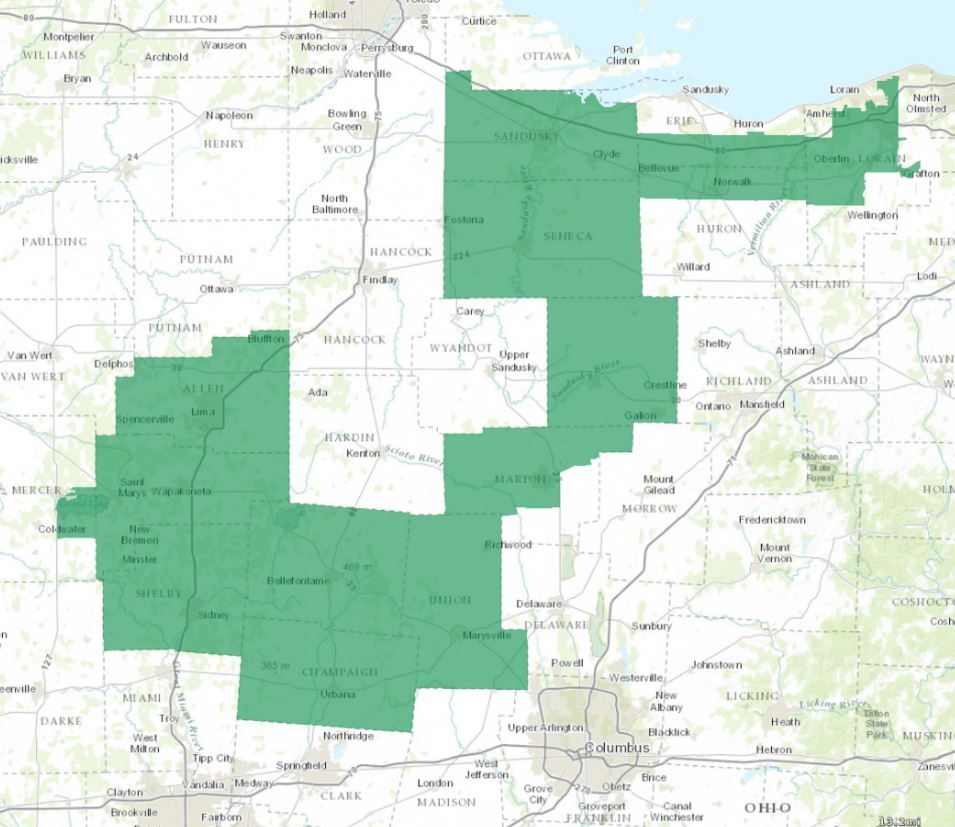*Published with the generous permission of David Pepper. Read and watch his excellent work at Pepperspectives.
By David Pepper
We make a mistake when we equate Trump to the broader attack on democracy.
Why?
Because the recent attack on democracy began in states, after Obama won, via non-stop voter suppression and intense gerrymandering, mimicked across the country. And the key steps were in place before Trump ever took office, including the first steps of election denialism. (One example was the furious effort to strip NC Gov. Cooper of power within days of his victory.)
Trump made it all worse, of course, and brought some of the worst hatred and racism to the surface everywhere, but the roots were in place—and taking effect—before he ever announced for anything.
In the same way, if Trump were locked up tomorrow, the attack would continue uninterrupted. More gerrymandering. More suppression. More book banning. More laws to ban drop boxes and water from polls. Steve Bannon recruiting election deniers to serve as elections officials. Etc
NONE of that would stop. Or even slow.
Now, why do I care so much about this point?
It’s not an academic quibble regarding history. Although getting the history right is always important. And this current attack on democracy is part of a clear historic pattern of a fierce backlash (whitelash) whenever a diverse majority begins to get its way in American politics (as it did in 2008…again, before Trump emerged).
But in more practical terms, this is also important because when we equate the attack on democracy to Trump and Trumpism, we don’t see how broadly and deeply democracy is being attacked. Which means we don’t respond appropriately, and certainly won’t stop it.
But it also has another pernicious effect: we unintentionally give cover to a whole lot of people who are doing great damage to democracy.
How?
Because with the Trump-only frame, we leave the impression that if a candidate is NOT part of the Trump world, or if he/she acts more civilly or more refined than Trump does, that they are somehow NOT part of the broader attack on democracy.
That Trump-only frame gives them “cover,” as if they’re less problematic for democracy.
It’s one reason I believe so many voters voted for Biden in 2020, then for Republicans the rest of the way down their ballot. Offered largely an anti-Trump frame, they believed he was the sole threat to democracy. But of course, within months, many of those they voted for in that way proceeded to demand phony audits in Arizona, gerrymandered Florida, denied water to voters in Georgia, and banned drop boxes all over. While not appearing Trump or Trump-like, so many of those winning candidates went on to attack democracy in states everywhere—where democracy can be most effectively attacked. And they did it brutally. And still are today.
For a while, I worried that Ron DeSantis might benefit from the same effect. Not Trump, running against Trump, but actively attacking democracy as fiercely as Trump ever has. It’s still a worry, but he’s been so over the top people may be seeing through it. Plus, he’s just a terrible candidate.
So why am I bringing this up now?
Because maybe the single best example of this risk is the guy announcing his US Senate run this week…Ohio’s Secretary of State, Frank LaRose.
For a long time, Frank stayed away from the Trump brand. He won’t be the Trump-embraced candidate in the primary. He works hard to appear far more civil and and refined than Trump. He’ll talk a good game about democracy. He even posed and tweeted about walking over the Edmund Pettus Bridge, saying the visit gave him “renewed focus. To put it mildly, his actions since show he took away different lessons than most! (Ie. the heroes were the ones fighting voter suppression)




